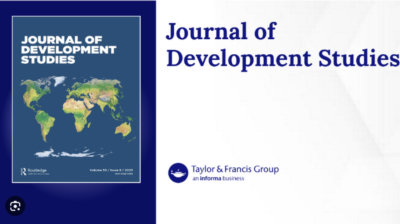The politics of ethnicity in Ethiopia: Actors. power and mobilisation under ethnic federalism
Most governments in Africa, seeing the political mobilisation of ethnicity as a threat, have rejected the use of ethnic differences as an explicit basis for political representation. The one prominent exception is Ethiopia, which since 1991 has imposed a system of ethnic-based federalism that offers each ethnic group the right of ‘self-determination’. This book provides a detailed empirical study of this system at work in the complex multiethnic environment of southern Ethiopia. It finds that ethnic self-rule, in combination with the power politics of an authoritarian regime, has produced both intended and unintended outcomes. While arguably easing large-scale ethnic conflicts, it has led to ‘ethnicisation’ of local socioeconomic disputes and to sharper inter-ethnic and intra-ethnic divides, often to the disadvantage of historically marginalised groups.





